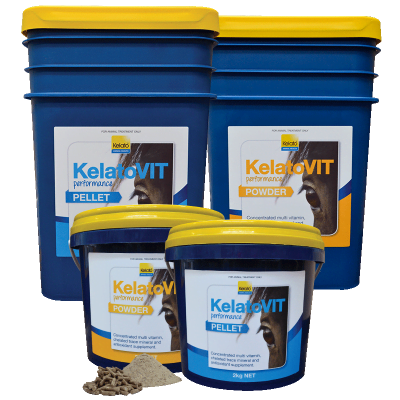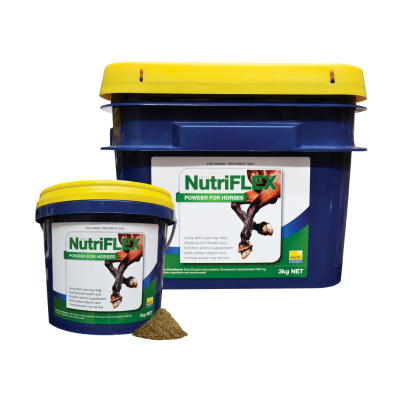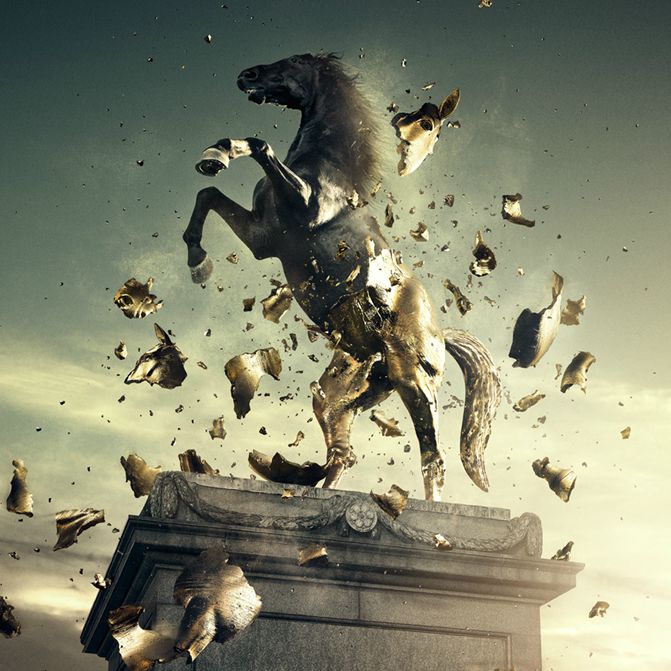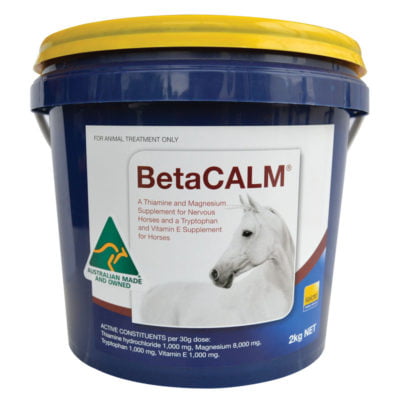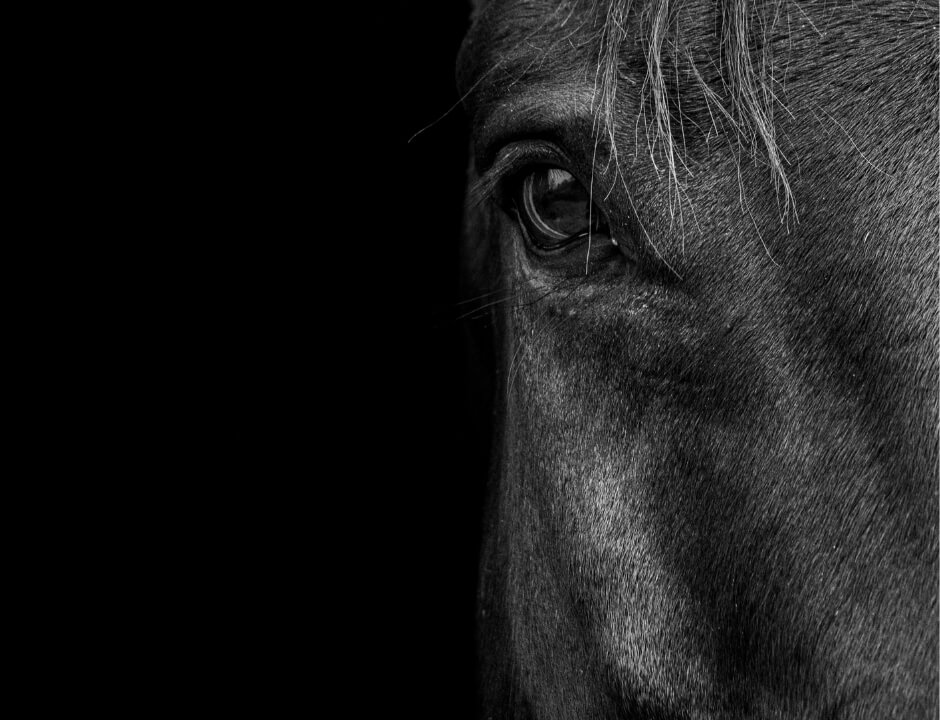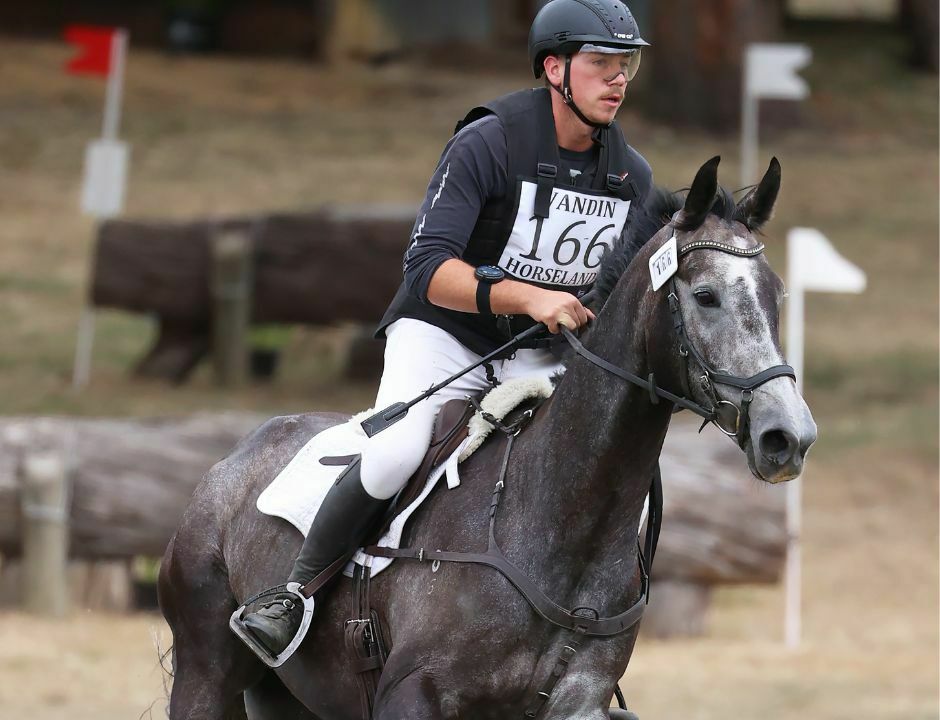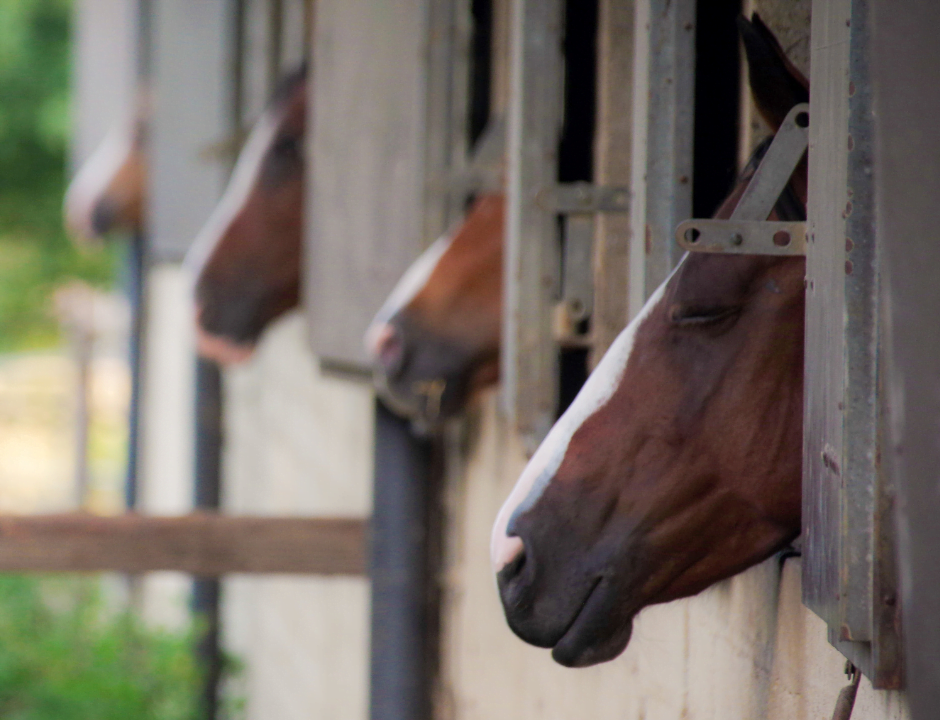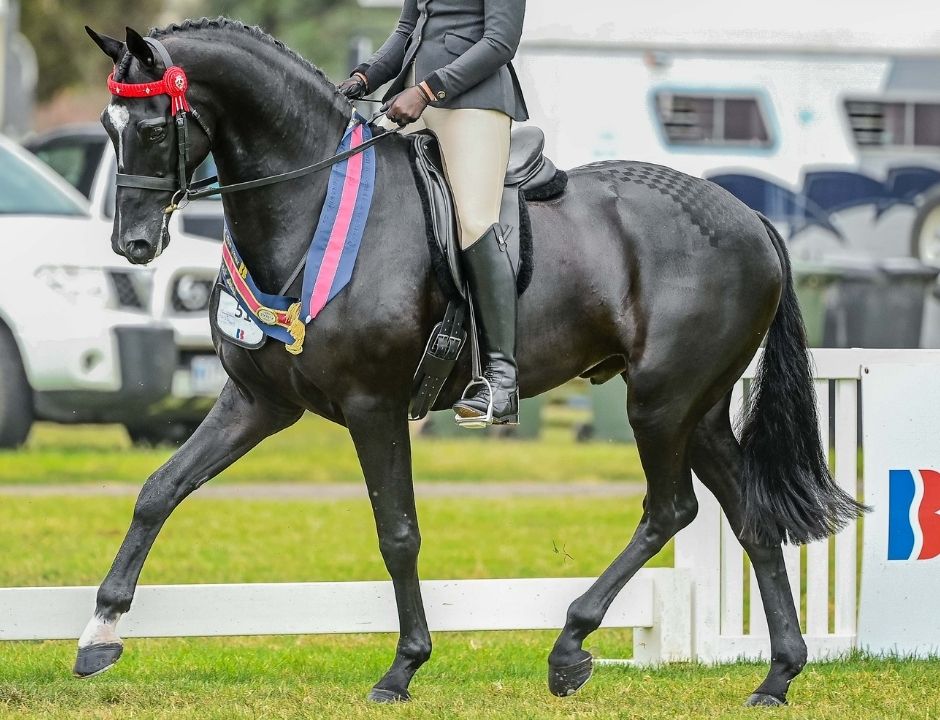What you feed can have a huge impact on how well your horse performs. Nutrition, supplies the protein to build muscle and the energy to fuel muscle, but there is much more to feeding the performance horse than just providing energy and protein.
Let’s be clear though, nutrition is never going to improve a horse beyond its genetic ability, but poor nutrition can certainly limit the performance of a talented horse so it is important to get it right so your horse can reach its potential.
There are three major issues that will put the brakes on performance:
Nutrient Deficiency
Pain
Stress
While training, temperament, genetics and husbandry all play an important role in managing these issues, good nutrition is crucial if you are going to have any chance of preventing them in the first place.
Nutrient deficiency
When thinking of nutrients in a horse’s diet it is always handy to remember Liebig’s Law of Minimum which simply states (paraphrased):
“A horse’s ability to perform is not determined by the total amount of nutrients available to a horse but by the nutrient that is in the most limited supply.”
Which means that no-matter how good your horse’s diet is, if there is just one nutrient in short supply it is that nutrient that will ultimately determine if your horse can reach its genetic capacity to perform?
So it is really, really, REALLY important that you meet ALL nutrient requirements.
Most people instinctively know how much energy to feed a horse so that rarely limits performance. After all, if you aren’t feeding enough energy your horse will lose weight and feel tired and that is pretty easy to see and feel.
But there are many nutrients we can’t see.
Electrolytes
Besides water and energy, electrolytes are the nutrients in highest demand for performance horses.
The electrolytes sodium, chloride and potassium cannot be stored in the body and large amounts of these salts are lost in sweat so it is crucial they are fed in the diet in large enough amounts to replace what is lost on a daily basis. Salt does not provide all these electrolytes
Failure to provide enough electrolytes to meet a performance horse’s requirements can result in dehydration, loss of appetite, slow recovery periods and muscle fatigue. The risk of tying up and colic is also increased.
Sodium, chloride and potassium can be easily measured in a horse’s blood and may tell you if your horse is deficient in these nutrients. But make sure your horse is not dehydrated or too hydrated as this will skew results
B-Vitamins
If glycogen and fatty acids are to muscles what firewood is to a fire, then many of the B-group vitamins are like the match.
It doesn’t matter how much stored energy a horse’s muscles have access to, without the B-group vitamins, it can’t be converted into useable energy. So a B-vitamin deficiency ultimately results in the muscles being unable to generate energy to work.
B-Group Vitamins are unable to be stored, so they must be fed to meet requirements every day, and if pasture, chaff and hay in a diet is limited or if the hay is more than 6 months old – supplementation will be required.
Anti-Oxidants
As equine muscles burning large amounts of energy during exercise, they are exposed to an increased risk oxidative damage, which can only be protected by anti-oxidant nutrients. Failure to provide anti-oxidants can result in muscle damage, muscle soreness, fatigue and ultimately reduced performance.
Selenium and vitamin E are two of the most important antioxidants in the equine diet. It is very common to see deficiencies of these nutrients in performance horse diets as a majority of feedstuffs do not contain sufficient amounts for working horses.
They are also very fragile vitamins so have a very short shelf life in pre-prepared feeds.
Not all vitamin and mineral supplements will actually provide the nutrients your horse needs. In fact some ‘brand name’ products don’t even contain selenium or vitamin E.
Pain
It comes as no surprise that if your horse is in pain or simply uncomfortable, their ability to run, jump, turn, pull or stop will be compromised.
A common source of pain amongst performance horses is pain of some kind in the legs – be it due to a problem with the joints/cartilage, tendons or ligaments.
All of these structures are put under an enormous amount of pressure in our modern day performance horse and they are often the reason a career may be cut short.
Sound nutrition, where basic requirements for nutrients like copper, zinc and manganese are met is the foundation for looking after your horse’s legs. For extra protection though, you may also consider using a quality ‘joint supplement’ with nutrients like glucosamine to actively assist with cartilage regeneration.
Stress
Stabling, travelling, competing in strange environments, being separated from herd mates and the pressures of ‘work’ are all sources of stress for our modern-day horse. Good management, training and sheer experience on the horse’s part are the major players in alleviating stress for a performance horse.
There can however, be underlying nutritional deficiencies or imbalances that will increase the feelings of stress and anxiety for a horse. And if not corrected, a horse will remain stressed even with the best management and training.
Magnesium and vitamin B1 are two of the most common nutrient deficiencies that are known to cause elevated symptoms of stress in horses.
If left untreated, nutrient deficiency related stress can lead to; tying up, especially in young fillies, gastric ulcers, unpredictable and dangerous behaviour, loss of concentration, wasting of muscle energy stores through nervous energy and early onset of fatigue. All of which combine to cause loss of performance.
If you suspect your horse is suffering increased levels of stress despite being fed a well-balanced diet you may consider the use of a specific ‘calming’ supplement.
Perfect Preparation
While your horse’s performance may not always be perfect, you can certainly give your horse the best chance at performing to its full potential by giving it the perfect preparation. Preparing for an event involves an enormous commitment to training and general husbandry.
But all of your efforts will be wasted if part of the preparation doesn’t include making sure your horse’s diet is providing all of the nutrients needed.
Even if just one nutrient is missing your horse’s performance won’t be to his potential.
Products that might help:
